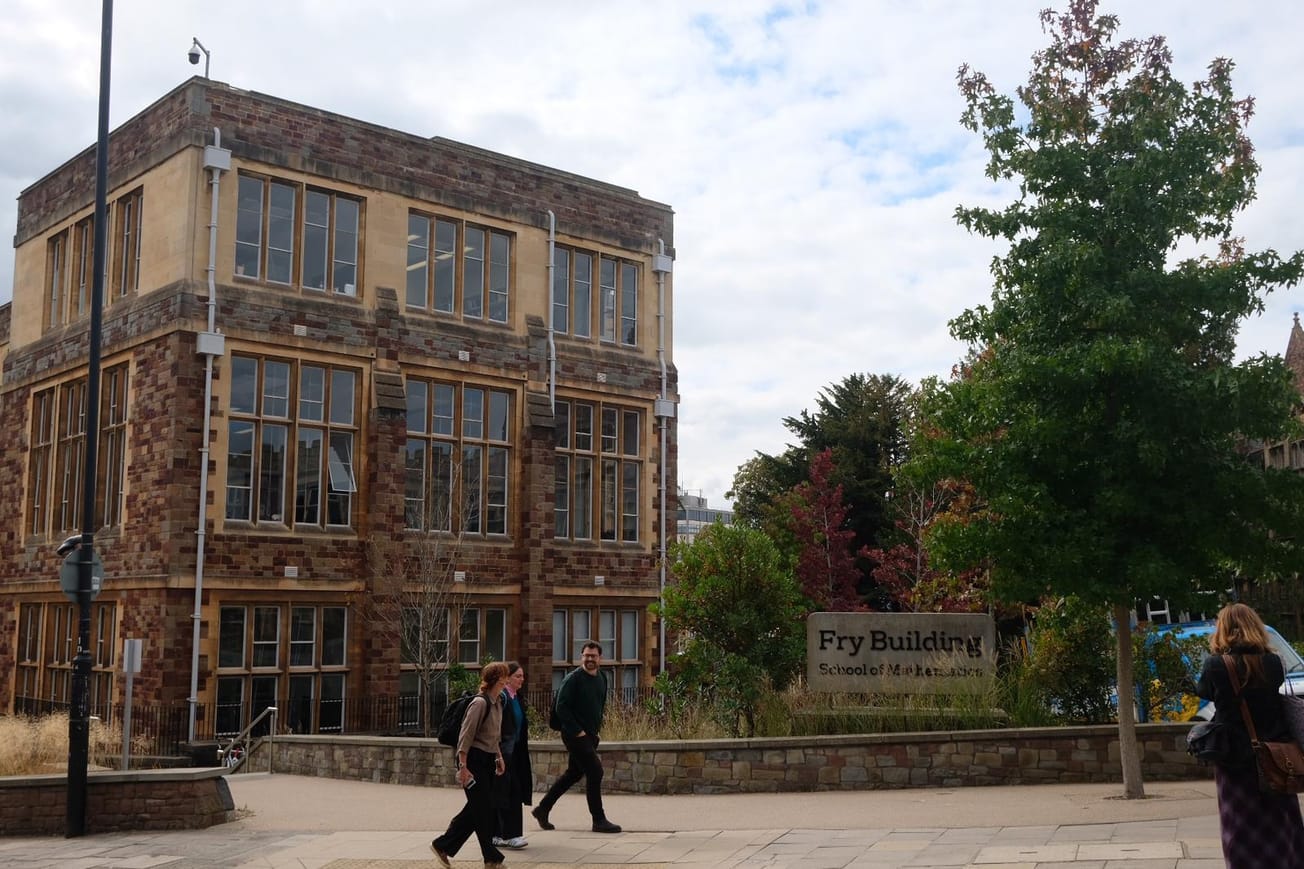By Zoë Crowther, Students' Union Correspondent
Transgender students have felt ‘screwed over’ with long and uncertain waiting times, huge financial costs, and refusals from the Students’ Health Service (SHS) to provide hormone treatment.
SHS GPs have repeatedly refused to offer hormone prescriptions, recommending that students pay for their prescriptions through private Gender Identity Clinics (GICs) instead until they can get an appointment at an NHS GIC. The wait for NHS GIC appointments can take years.
The refusals were made on the basis that GPs did not want to take the risk of trusting the referrals from the private clinics, despite these clinics providing evidence from medical and psychological professionals that the patients were ready to start hormone replacement therapy.
Niazy @METROCharity need to include younger trans voices in conversations, e.g. re Gender Identity clinics. One young person we work with described huge wait time and then first meeting as 'an hour of verbal abuse' #LGBTHealth pic.twitter.com/oeXGSCZU0q
— Women & Equalities Committee (@Commonswomequ) May 15, 2019
Siân Amekuedi is a second year Maths and Philosophy student and was recently elected Chair of Bristol SU Trans Network next year. She told Epigram: ‘This whole situation has been disastrous for my mental health. If I had this issue resolved it would be a massive strain and a substantial financial burden off my back.'
Siân has recently moved practice from the Students’ Health Service, due to a series of bad experiences: ‘In first year, when I was referred I was put on the longest waiting list in the UK for a GIC.
‘I was then repeatedly lied to about how long the waiting list was going to be. I still haven't been seen and I'm not likely to be given a first appointment until after four years from when I would have been referred.
‘I got really desperate and student health refused to give me a bridging prescription despite adverse effects on my mental health. Things got really bad, so I took matters into my own hands and started self-medicating.
'After self-medicating, I was given a bridging prescription, but it was basically a non-dose.'
Siân ended up paying £600 for treatment at a private GIC. After being told by the private clinic that she was ready to start hormone replacement therapy, her Students’ Health GP refused to accept the referral and she had to pay for a private prescription.
She told Epigram that she explained to her GP how her dysphoria was having a drastic negative impact on her quality of life, but the GP ‘just said to call the crisis team.’ In addition, being unable to afford a standard NHS hormone blocker, she has had to use one with ‘pretty nasty side effects.’
Another student, preferring to remain anonymous, revealed that Student Health is unwilling to treat any trans patient coming through the private route, and that GPs had largely left him to ‘figure it out’ himself. He has since moved to a different practice.
This student told Epigram how he had to work part-time in order to save up for private care, but said he doesn’t blame the GPs working at Student Health: ‘I still respect those GPs and separate them from the systematic overload the NHS has right now.
‘Everyone I’ve met has been sympathetic and really kind. Even the SHS GP who told me the bad news was nearer to crying than I was.’
Milo Clenshaw, a second-year Film and English student at Bristol, also recently had his private referral refused by a GP at the Students’ Health Service. He has incurred huge costs as a result, paying for his doctor from the private GIC to write his prescription, on top of paying for psychological assessments and blood monitoring.
Speaking to Epigram, Milo said: ‘It was frustrating for me to feel like Student Health weren't willing or didn't have the knowledge to help me.
‘I understand that trans healthcare might not be the most pressing issue for them, but it can have a direct impact on mental health, and it makes you feel like you won't be listened to with other issues. I think the practice is knowledgeable and sensitive about social transitioning, but medically they either are not fully aware of the problems or are not sensitive to them.’
The University of Bristol gave the following statement: ‘The Students' Health Service is well placed to offer specialist support for transgender students.
‘All staff have had equality and diversity training in line with University and NHS guidance. In addition, 45 staff from across Student Services have taken part in specific training which explores issues regarding gender and would be very happy to talk to, support and signpost to appropriate services, any student who needs help or advice.
‘If a student is already in the process of transitioning under the care of a specialist NHS team, the service has shared-care guidance from that specialist team and will continue to provide prescribed medication as appropriate.
Once patients have transitioned under specialist care, staff would continue to provide prescribed medication.’
Really important student journalism on the University of Bristol's complicity in a hate campaign against trans people. Gets to the root of the issues in a way that few mainstream media outlets dare to. https://t.co/0hoNLDRHGn
— Ruth Pearce (@NotRightRuth) May 14, 2019
Both Siân and Milo had medical and psychological assessments by GenderCare, a network of individual specialists including qualified NHS doctors. The GenderCare website states that they are ‘independent practitioners experienced at working with each other and with external providers, including your GP.’
A spokesperson for NHS Bristol, North Somerset and South Gloucestershire Clinical Commissioning Group said: ‘Transgender care is a specialist service commissioned by NHS England and not the CCG.
‘Prescribing decisions for transgender hormone therapy have always remained with individual GPs and practices, and all requests for treatment should be considered on a case-by-case basis.
‘National guidance states that a GP may reasonably decline responsibility for prescribing, monitoring and testing if they are not assured that the recommendation for prescribing has been made by an expert gender specialist.’
Transgender patients across the country struggle with getting hormone therapy through their GPs. Students and young people often have limited finances and resources, so are particularly vulnerable to getting lost in the system and face more obstacles than most in accessing the care that they need.
Featured Image: Epigram / Zoë Crowther









